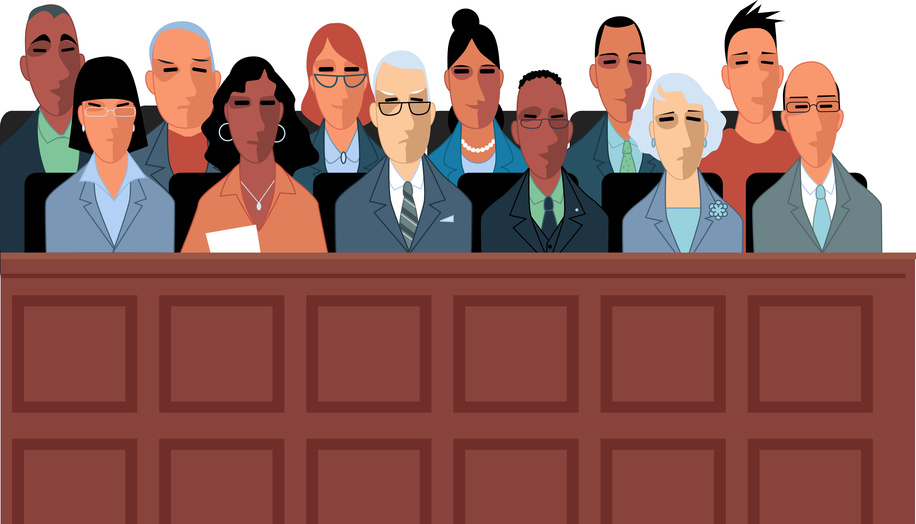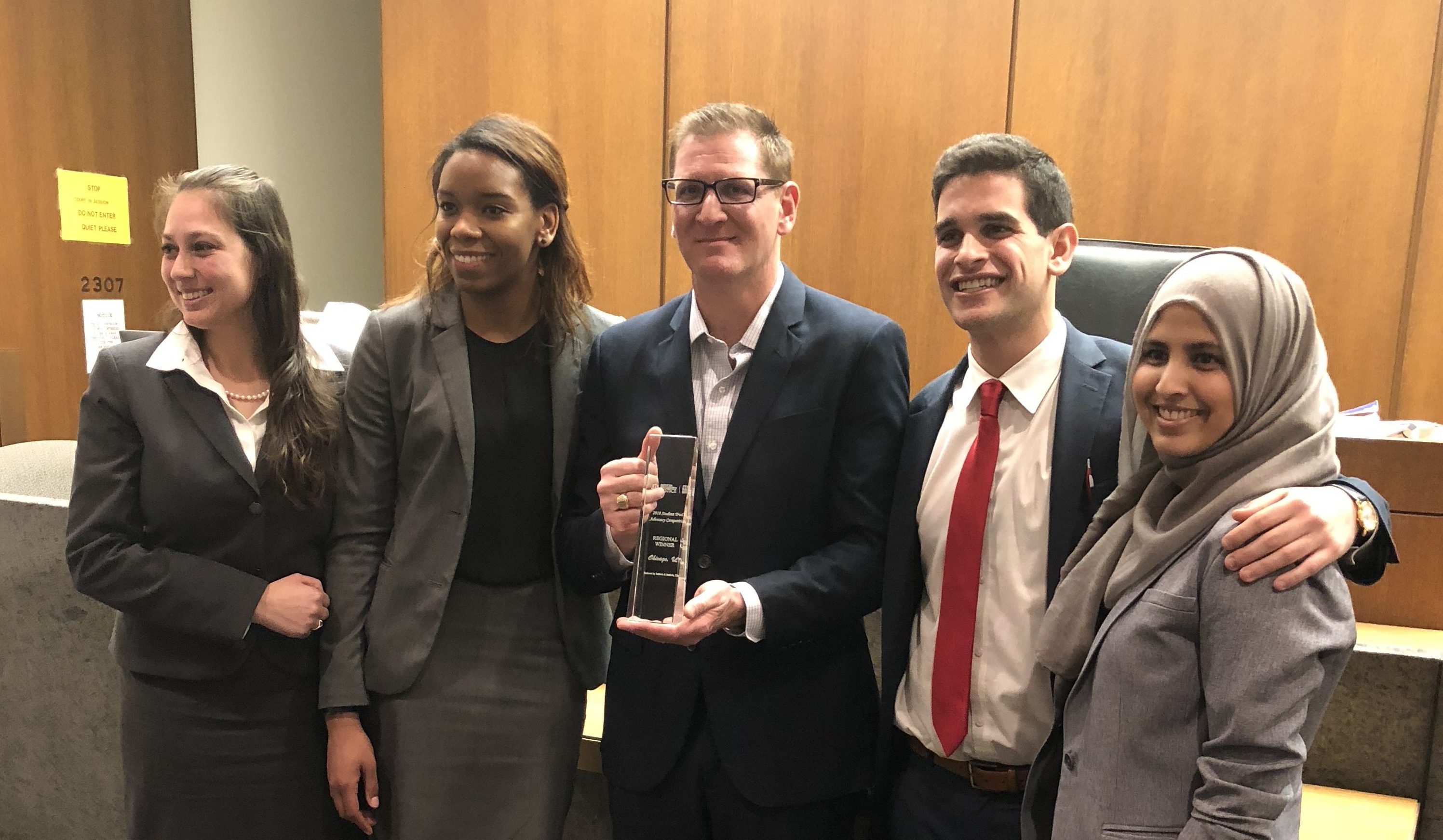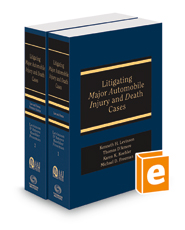
This series aims to give current and potential clients information to help them understand the various stages of a personal injury lawsuit. The first part of this blog series has focused on everything that happens before trial. This post will discuss the trial itself.
Your first day in trial will usually begin with discussions between the judge and the attorneys. Often, there are last minute issues about your case that need to be decided by the judge. Once all the issues have been decided, the attorneys will begin selecting a jury. While you will end up with 12 jurors (and an alternate), the original jury pool can be 40-100 people. Jury selection can last a few hours, or a few days – depending on the complexity of the case.
Once the jurors have been picked, the attorneys begin their opening statements. During these statements, the attorneys will tell the jurors what they expect the evidence at trial to be. Opening statements can last 30 minutes or three hours, again, depending on the complexity of the case.
After opening statements, the plaintiff’s attorney will begin to present the evidence. This comes in the form of live testimony from the client, their friends and families, any expert witnesses, just to give you an idea. The defense attorney has the right to cross examine each of witnesses. Once the plaintiff’s attorney has given all the evidence to the jury, they will rest their case. Just as the two prior parts of your trial, this process can take hours, days, or even weeks.
Once the plaintiff is finished and has rested their side of the case, the defense attorney now gets the chance to put on all their evidence in much the same process. At the close of all the evidence, both attorneys get one last chance to speak to the jury through closing statements. The purpose of closing statements is to recap all the evidence that was presented at trial, and to argue why their version of the story is the right one.
The final part of trial is jury deliberation. Before the jurors decide the case, the judge will read a series of instructions that tell the jurors what the law is and how to apply the facts to the law.
Many of the clients we represent tell us that they fear trial, or more specifically, the courtroom itself. There are rules most people don’t know, words most lay people don’t understand, and generally, those who have been in court before were there because something bad happened. Rest assured that your attorney will walk you through each step. If you have a legal question about your case, call our offices, one of our attorneys will be glad to speak with you.



